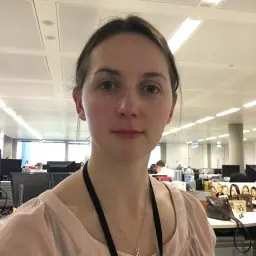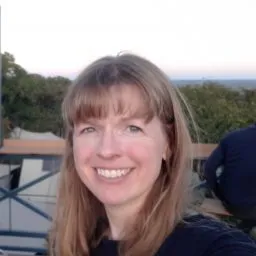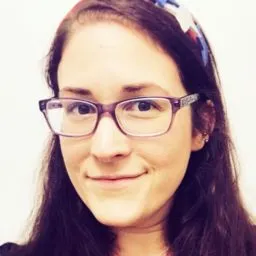Andrew P
Sidmouth, United Kingdom
“Express yourself with clarity and precision. ”
Specialist subjects:
Editing formats:
Education:
BSc in Geology
University of Bristol
1986–1989
MSc in Parallel Computing Systems
Bristol Polytechnic
1991
Favorite referencing style
APA – since that is the referencing style used in the "Becoming A Proofreader" course!
Why I became an editor
I have had two careers so far – in geosciences and IT. Having raised three boys, I decided it was time to embark on a third!
In my previous careers, I became the informal proofreader for my colleagues' documents; I was frequently called upon to edit technical and business documentation. Since I enjoyed this aspect of my work, becoming a full-time editor seemed to be a natural way of combining my technical knowledge and editing skills. This allows me to work flexibly to accommodate my hobbies.
Background and experience
I spent ten years working as a geoscientist in the energy exploration sector, including oil rigs and survey ships. Family commitments led me to embark on a career in IT working with major international clients. In both of these roles, I was the primary editor for technical and business documents. These included technical reports, technical manuals, and business proposals. In 2021, I completed the "Becoming A Proofreader'' course by Knowadays.
Why I love proofreading and editing
I love ensuring that writers are able to express themselves without readers being distracted by grammar or spelling errors. Since my experience has been in business and technology, I am acutely aware that basic errors in writing can give an unprofessional and unfavourable impression. This can, in turn, impact a company's reputation with existing and potential customers.

Favorite book:
The Wasp Factory by Iain Banks.

Hobbies:
Marathon running, cycling and, if it's not too cold, sea swimming.

Editing tips:
I first skim read to gain an understanding of the subject matter and a feel for any obvious areas requiring attention. I then run the document through Grammarly to identify errors before proofreading.











